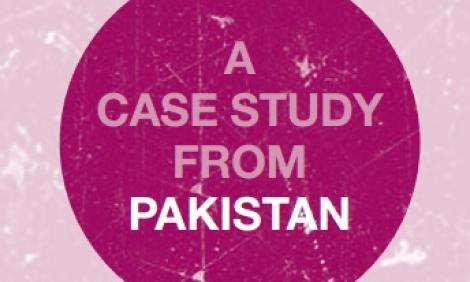
Publication
End violence: Case studies from Pakistan
These case summaries are based on in-depth case studies mapping women’s experiences of technology-related VAW and their attempts to access justice either through domestic legal remedy or corporate grievance mechanisms. The original case studies from Pakistan were documented by country researchers from the project partner Bytes for All Pakistan between November 2013 and April 2014 and the…
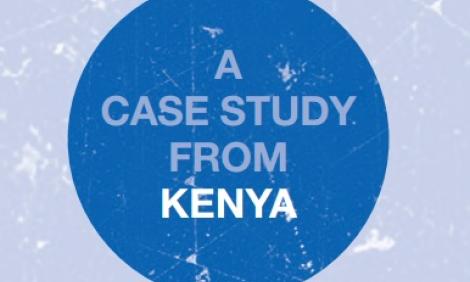
Publication
End violence: Case studies from Kenya
These case summaries are based on in-depth case studies mapping women’s experiences of technology-related VAW and their attempts to access justice either through domestic legal remedy or corporate grievance mechanisms. The original case studies from Kenya were documented by country researchers from the project partner International Association of Women in Radio and Television (IAWRT) Kenya…

Publication
End violence: Case studies from Bosnia and Herzegovina
These case summaries are based on in-depth case studies mapping women’s experiences of technology-related VAW and their attempts to access justice either through domestic legal remedy or corporate grievance mechanisms. The original case studies from Bosnia and Herzegovina were documented by country researchers from the project partner OneWorldSEE between November 2013 and April 2014 and the…
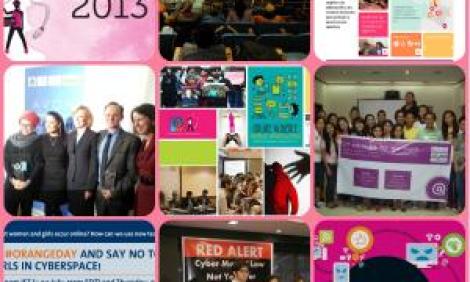
Feminist talk
Highlights on tech-related violence against women in Bosnia and Herzegovina, Mexico and the Philippines
APC's "End violence: Women's rights and safety online" project has achieved several milestones in the last few years, through the engagement of seven country partners who have explored the dynamics of tech-related violence against women (VAW) in their local contexts, and worked with different stakeholders in the process. 2014 opened up new possibilities and challenges for partners, and APCNews…

In depth
Apps by and for women
Programming and creating our own applications or apps is about understanding programming codes, taking control and adapting invisible mechanisms. We need to appropriate technical language and create instruments suited to our needs. In this article, Florencia Goldsman shares the cases of two apps that show how technology can be made by and for women.
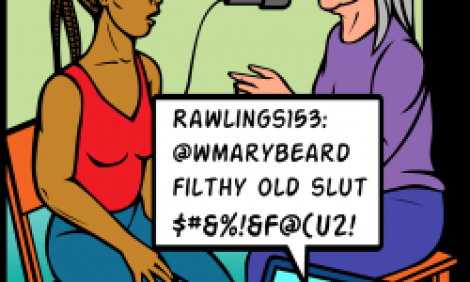
Feminist talk
10 tips for challenging internet-based gender-discrimination and online harassment against women and girls
If you know how to use the technology, you can avoid becoming a victim. Before speaking out, it is important to take your time to understand the way the internet works.
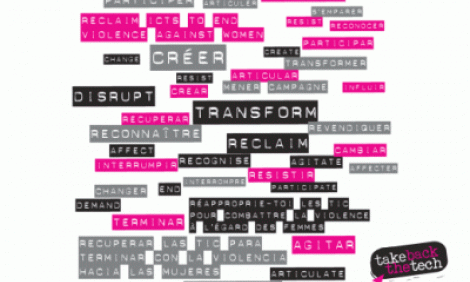
In depth
Protecting the right to freedom of expression: Strategies of survivors of tech-related violence against women
Tech-related violence against women hinders freedom of expression (FOE) as it creates an environment of fear, intimidation, violence, social isolation and impunity. This article written for GenderIT.org by Bianca Baldo explores the effects of tech-related VAW on women's rights to FOE, providing insight on human rights law, the different forms of tech-related VAW, the reasons behind it, the…
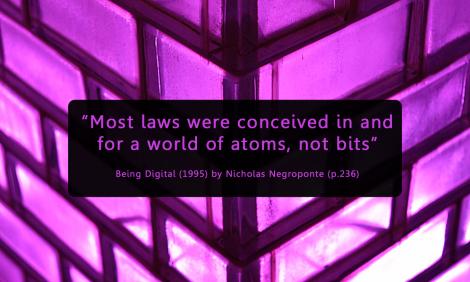
In depth
Virtual is real: Attempts to legally frame technology-related violence in a decentralized universe
In this article written for GenderIT.org, Lamia Kosovic explores some trends in legislation addressing tech-related VAW and stresses that “legislation itself will not solve the problem of VAW in digital spaces,” affirming that laws have to be accompanied by educational campaigns on the gendered nature of harm in digital spaces. “And it is urgent to expand our understanding of what survivors are…
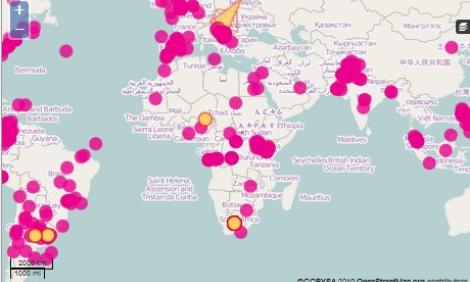
In depth
Mapping as a strategy to disclose online violence against women
When the APC Women's Rights Programme decided to use the Ushahidi map to collect information about the online violence that many women around the world were enduring, the aim was to gather evidence and show how ICTs can be used to perpetrate violence against women. In two years, from July 2012 to July 2014, almost 500 cases denouncing the use of ICTs and online spaces to perpetrate violence…
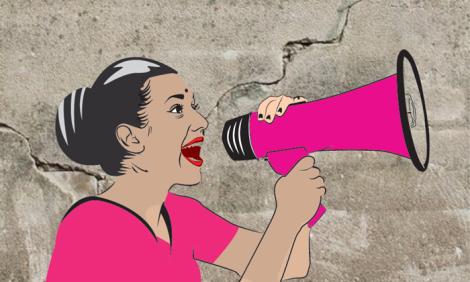
Feminist talk
Difficulties in documenting: Why it can be hard for women to speak out
I've been trying to interview women and girls for the documentation action that Take Back the Tech! announced. I've found it's more difficult than I anticipated, so I wanted to explore the reasons why because I think they are directly related to the theme of freedom of expression.




